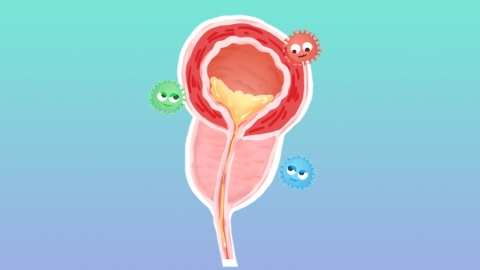Is drinking more water and urinating more helpful for urinary tract infections?
Generally, whether drinking more water and urinating more helps in urinary tract infections (UTIs) depends on the severity of the infection. If the infection is mild, increased water intake and frequent urination can be beneficial. However, if the infection is severe, these measures may not be effective. If discomfort occurs, timely medical consultation is recommended. Detailed analysis is as follows:

When a urinary tract infection is in its early and mild stage—for example, when there is only slight frequency and urgency of urination, urinalysis shows a mild increase in white blood cells, and there are no systemic symptoms such as fever, chills, or back pain—drinking more water and urinating more frequently can be very helpful. Increased fluid intake produces more urine, which flows through the urinary tract and exerts a mechanical flushing effect on the urethra, bladder, and other urinary organs. This helps flush bacteria, inflammatory secretions, and other pathogens out of the body, thereby reducing the number of pathogens in the urinary tract, decreasing their irritation and damage to the urinary mucosa, alleviating symptoms like frequent and urgent urination, and promoting recovery.
When the urinary tract infection is more severe, with symptoms such as high fever, chills, significant back pain, or systemic symptoms like nausea and vomiting, along with markedly elevated white blood cells in the urinalysis, presence of numerous red blood cells, or even detection of drug-resistant bacteria through culture, simply drinking more water and urinating more frequently is often insufficient to achieve effective results. At this stage, the infection is severe, with extensive bacterial proliferation in the urinary tract triggering a strong systemic inflammatory response. Flushing with urine alone cannot quickly eliminate a large number of pathogens or effectively control the spread of inflammation.
In daily life, maintaining good personal hygiene habits is important. Women should wipe from front to back after urination or bowel movements to avoid transferring bacteria from the anal area to the urethra. It is also advisable to clean the external genitalia daily, change underwear frequently, and keep the external genital area clean and dry to reduce opportunities for bacterial growth.








